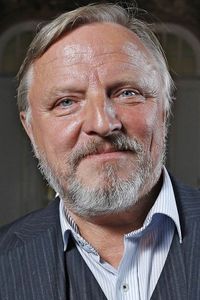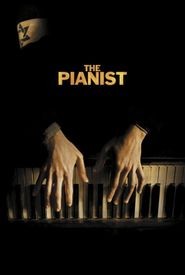Axel Prahl's childhood and youth were spent in Neustadt, Holstein, where his stepfather, a chief petty officer in the Navy, had a significant influence on his life. Prahl attended secondary school, vocational school, and technical high school, eventually earning his technical high school diploma. He then pursued his passion for music and mathematics at the University of Education for five semesters, although he did not graduate.
Prahl's interest in the performing arts led him to train at the Kiel Drama School from 1982 to 1985. He began his career as a theater actor at the Schleswig-Holstein State Theater, as well as in touring theater and other stages. In the early 1990s, he moved to Berlin, where he received engagements at the Renaissance Theater, the GRIPS Theater, and the Kammerspiele of the German Theater.
Prahl's transition to film and television began in 1994 with his first TV engagement in the television series Bella Block. He went on to collaborate with director Andreas Dresen on the multi-award-winning film "Nachtgestalten" in 1999, playing a police officer. Prahl's performance earned him the Bavarian Film Prize for his role in "Halbe Stapel" in 2002.
In 2002, Prahl appeared as a German sergeant in Roman Polanski's Holocaust drama "The Pianist". He has since become known for his versatility, mastering a range of roles from comedy to tragic figures. His notable performances include the TV production "Hope Dies Last" (2002),where he played the revenge-seeking district leader Eddy, and the film "Befreite Zone" (2004),in which he portrayed a vacuum cleaner salesman.
Prahl has also received recognition for his work in the TV drama "Das Miracle of Lengende" (2003),where he played a miner, and in the film "Nachtgestalten" (1999),for which he won the Adolf Grimme Prize. In addition to his film and television work, Prahl has appeared in a music video for the song "If it happens" from "We Are Heroes" in 2006.
Since 2002, Prahl has become well-known to a larger audience as Chief Inspector Frank Thiel from Münster in the international television series "Tatort". In 2011, he separated from his second wife, with whom he had twins, and moved back to Berlin after 12 years of marriage.


































